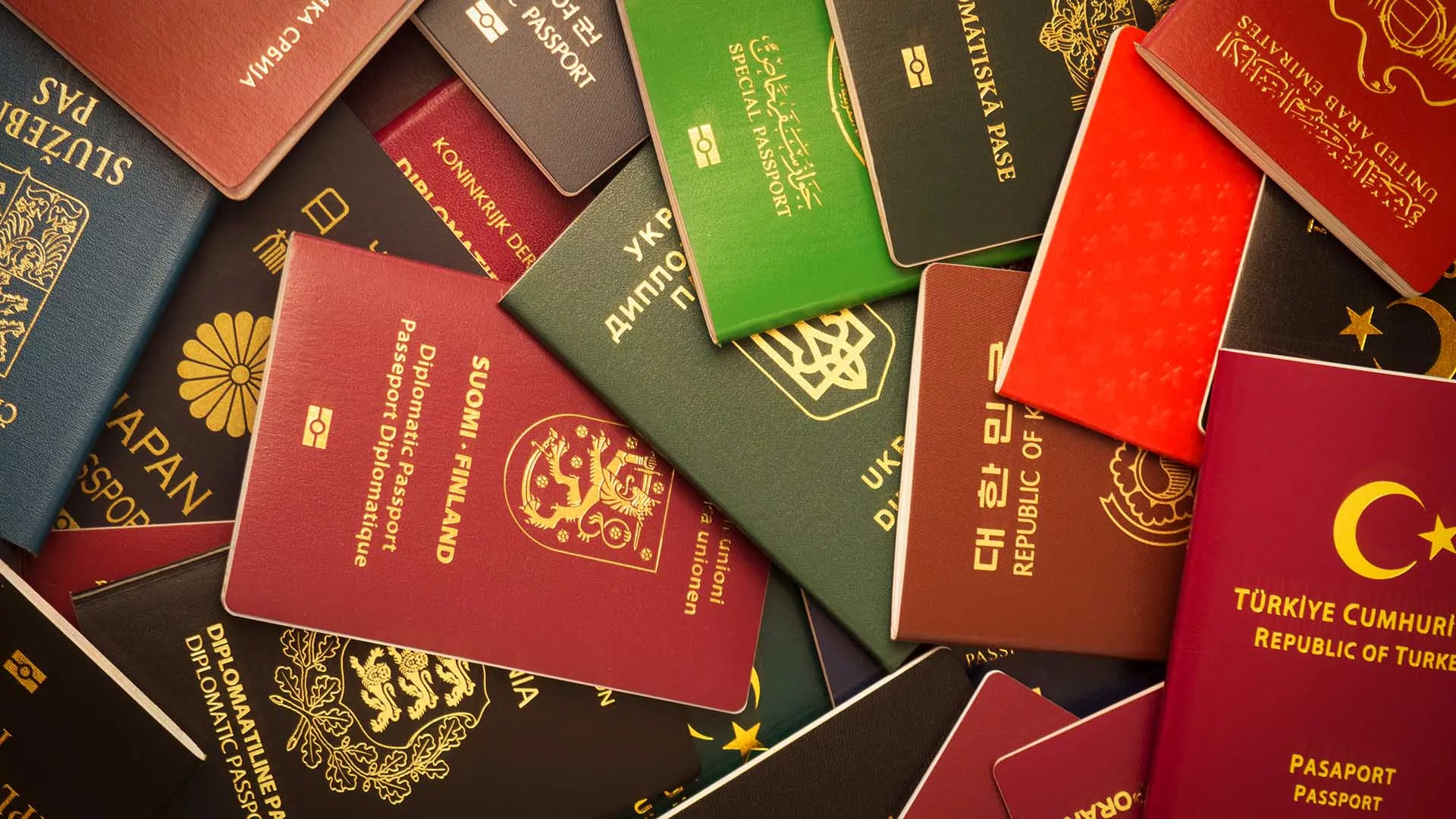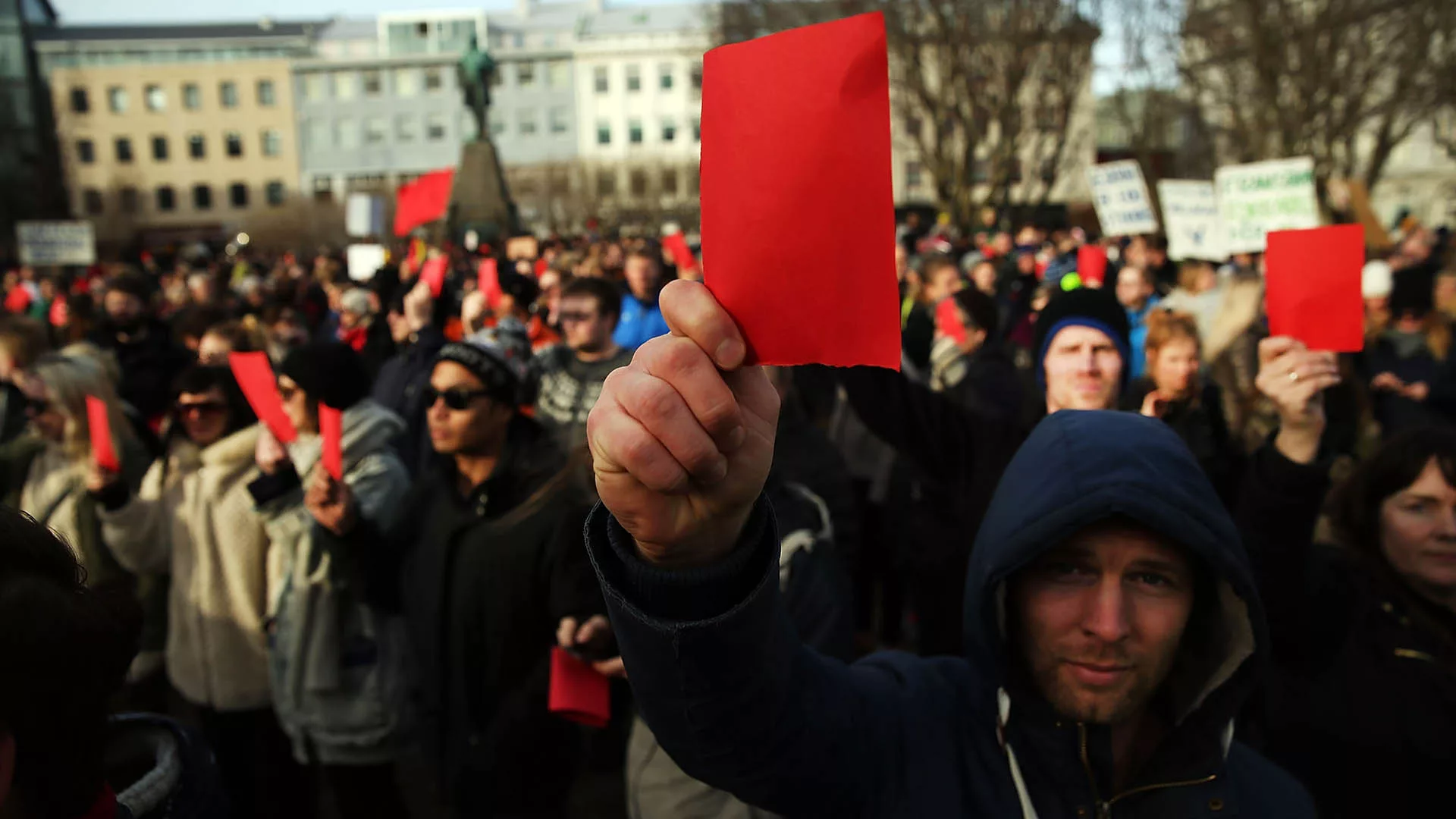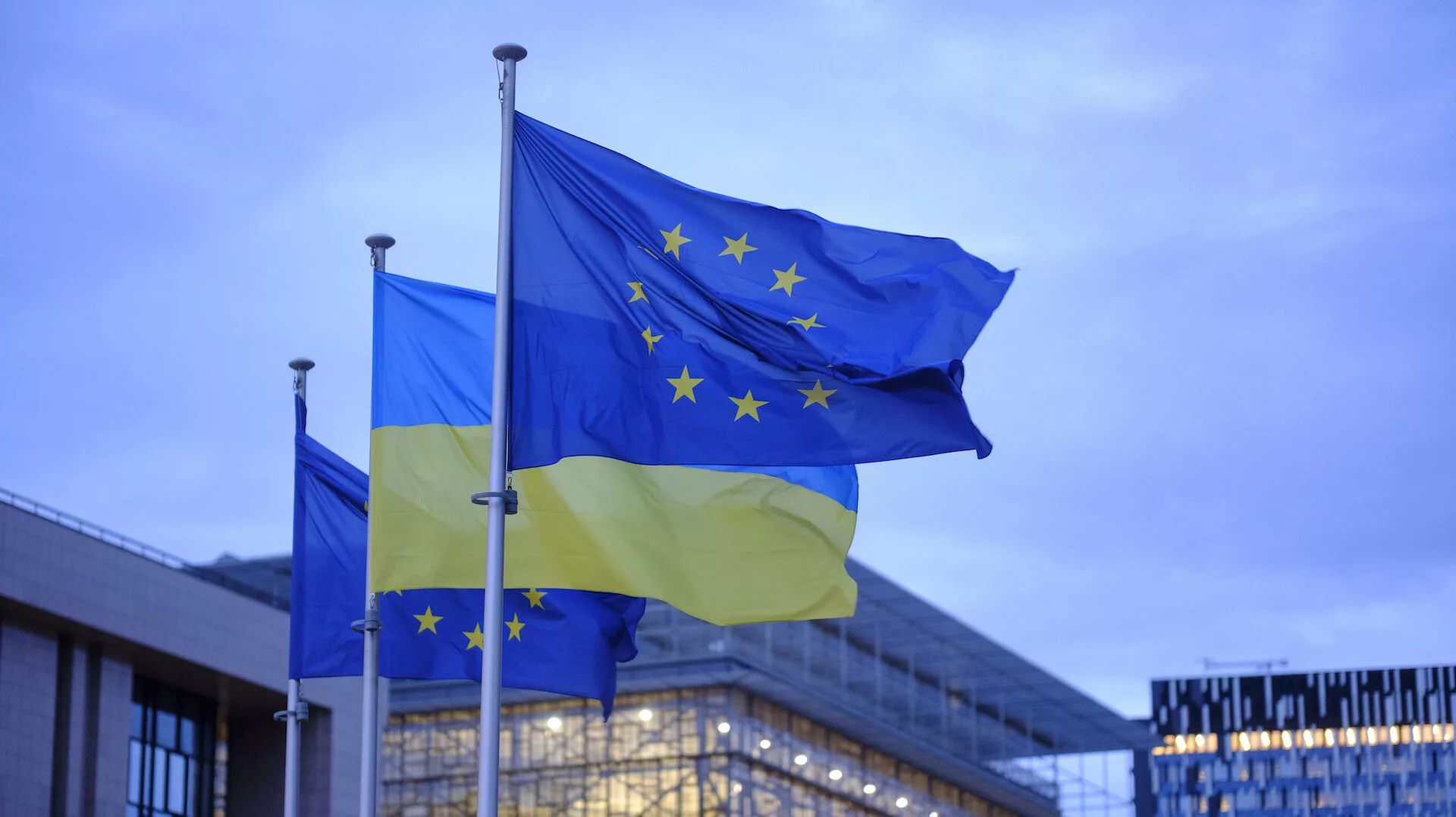While the rate at which sanctions are being introduced has slowed, their repercussions are still reverberating across the world.
In this week’s AML Roundup, we explore just how effective Russia sanctions have been so far, and reveal how sanctioned individuals and entities are seeking to circumvent them using a range of methods such as shell companies, crypto currencies and assets. Equally importantly, we report on the steps that are being taken in the attempt to stop sanctions evasion.
Russia sanctions aside, we take a look at FATF’s latest moves on the world stage, and complete this week’s news with coverage on the ever-present global threat of money-laundering, corruption, and human trafficking.
With 12 members of the Duma already sanctioned, the new directive brings the penalised total to 340 out of the 450-strong lower house of Russia’s parliament. The U.S. cited Duma member’s support for the recognition of the independence of the Donetsk and Luhansk separatist states in eastern Ukraine.
The new sanctions target a range of key strategic industries and individuals with the goal of cutting support for Putin’s war machine. Among those in the government’s sights are the Wagner Group (reportedly tasked with assassinating President Zelensky), several defence companies, and Russian Railways.
The EU is making every effort to cut Russian imports by two-thirds this year. The US is planning to supply the EU with up to 15bn additional cubic metres of liquefied natural gas by the end of 2022. While Germany has secured a long-term deal with Qatar for the supply of liquefied natural gas (LNG).
A dozen key disinformation outlets used to support Putin have been hit with sanctions in a crackdown on “false and misleading” reports believed to be masterminded by Russian intelligence. The Foreign Office announced that sanctions would be imposed on the Internet Research Agency (an infamous ‘troll factory’) together with two disinformation websites, New Eastern Outlook and Oriental Review.
OCCRP and the Guardian uncover how Putin-connected oligarch Alisher Usmanov uses offshore jurisdictions, trusts, Swiss bank accounts, and his family members to place his assets beyond the reach of sanctions. Usmanov’s ability to exploit the financial system and its loopholes makes it hard to identify his assets, let alone sanction them.
Sanctions that focus on the oligarchs who have prospered under Putin will require the creation of an international financial register. But this wouldn’t be in the interests of wealthy westerners as it is claimed that their interests are closely linked to many Russian and Chinese oligarchs.
Increasing globalisation and digitalisation has enabled criminals to commit increasingly sophisticated financial crimes. In response, the International Criminal Police Organisation has launched the INTERPOL Financial Crime and Anti-Corruption Centre (IFCACC) to provide a coordinated global response against the exponential growth in transnational financial crime.
While Biden’s sanctions recognise the need to cut off the $billions directed through the U.S. financial system that fund Putin’s ambitions, the call has been made for its financial systems to be ever vigilant. It is crucial that they concentrate their efforts on investigating, halting, and reporting to FinCEN any transactions that seek to evade sanctions.
The latest guidance underlines the fact that financial sanctions regulations do not differentiate between cryptoassets and other forms of assets.
A recently published report by the US Treasury has revealed that Fiat currencies are still the preferred medium to orchestrate financial crimes, far above the popularity of cryptocurrencies.
France has seized around €850 million euros of Russian oligarchs’ assets on its soil. This entails the immobilisation of €150 million in individual’s accounts, credit lines in France and in French establishments, €539 million euros in real estate, and the sequestering of two yachts valued at €150 million.
For more than a week, Russian oligarch Roman Abramovich’s super yacht Solaris has been sailing without a destination and shows no signs of docking, mostly likely due to the fear of it being seized should it weigh anchor in unfriendly waters.
The architect of the country’s post-Soviet economic reforms, Anatoly Chubais has quit his post as a special envoy. In probably the most high-profile protest to date Chubais not only resigned as Putin’s special representative for ties with international organisations, but has left the country.
In recent years, Russian operatives have conducted lethal operations on British soil. There is evidence that Russian foreign interference played a role in the Brexit campaign, while an estimated GBP 1.5 billion worth of U.K. property is owned by Russians accused of corruption or links to the Kremlin. So, how can we counter the threat of foreign influence in domestic matters?
Despite unprecedented international efforts, Russian oligarchs are still effectively protecting their global assets. As a result, the #RussianAssetTracker project has been established to unravel the corporate structures that hide them and then catalogue its findings.
According to the Pandora Papers, when faced with the threat of sanctions, Alexei Mordashov one of Russia’s richest men transferred his 29.9% stake in the tourism giant TUI just days after Russia invaded Ukraine. The shares were moved from his Cyprus-registered holding company to a shell company in the British Virgin Isles, controlled by the mother of his children.
Several major multinational corporations have defended their decision to maintain Russian business operations, despite increasing international pressure. Leroy Marlin, the French-based retailer was heavily criticised by the Ukraine Ministry of Defence following reports that it was bolstering operations in Russia to capitalise on the dearth of supply after rivals closed stores in protest of the invasion.

While ultimate responsibility for avoiding doing business with the wrong third party falls squarely on the shoulders of those of you entrusted with implementing the right policies and controls, just 3 steps will go a long way toward ensuring you comply, both today, and in the future.
Ukraine Foreign Minister Dmytro Kuleba has demanded that Russia to be excluded from all civilized organisations and platforms and called on all FATF member countries to immediately bar Russia from the consortium and put it on the FATF blacklist.
Malta was grey listed by the FATF in June 2021 after it was deemed to have made insufficient progress in providing information about the Ultimate Beneficiary Owners of companies and efforts to combat money laundering deriving from tax evasion. Malta’s wish is that the visit will lead to being taken off the grey list at FATF’s June plenary.
The report highlights the money laundering risks associated with migrant smuggling. As a result, FAFT is calling upon countries to follow the money linked to this criminal activity, through increased collaboration with both national & international authorities and the private sector.
U.S. prosecutors have charged a former employee with defrauding the company out of more than $10 million in a series of schemes. Dhirendra Prasad allegedly received kickbacks, stole parts using false repair orders, and getting Apple to pay for items and services it never received
Judge Ghada Aoun has charged central bank chief Riad Salameh with “illicit enrichment” and money laundering. According to a source, the judge is investigating whether several residential apartments in Paris that are purported to belong to the central bank, are actually owned by Riad Salameh.
A major conference highlighting judicial cooperation in the Middle East and North Africa (MENA) to combat money laundering and terror-related finance was held in the Kingdom of Bahrain. Addressing the event, Public Prosecutor Dr. Ali bin Fadhl Al Bouainain said that the conference reflected Bahrain’s international standing and its success in combatting activities that pose a threat to the country’s security and economic stability.
Sen. Manny Pacquiao has labelled as “unacceptable” his presidential rival Ferdinand Marcos Jr.’s claim that corruption is a “human condition.” The Pacman declared that corruption is the root cause of the hardships of Filipinos, especially among the poor.
The New Zealand government has agreed to introduce legislation to establish a public register of the ultimate beneficial ownership of companies. By requiring an accurate listing of who actually owns and controls businesses, it is hoped that it will deal a blow to anyone attempting to hide money and ill-gotten gains from public scrutiny.
According to charities working on the border, vigilantes are stepping up their patrols to try and protect women and child refugees fleeing Ukraine from suspected pimps and sex traffickers.

Tim Cooper reports on how compliance officers on the Isle of Man face challenging times as Russian sanctions grow, tougher laws loom, and campaigners demand immediate transparency
Published by: riskscreen.com




